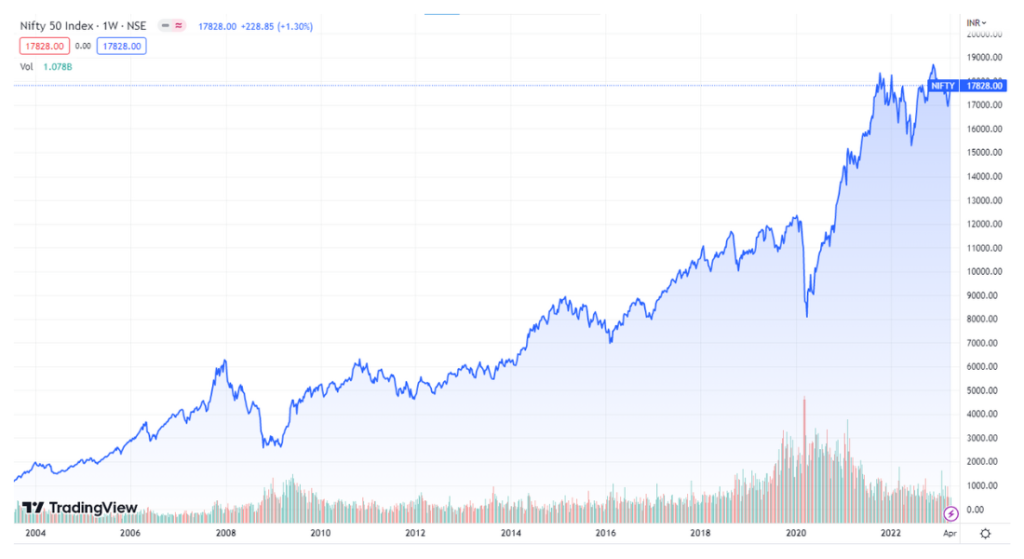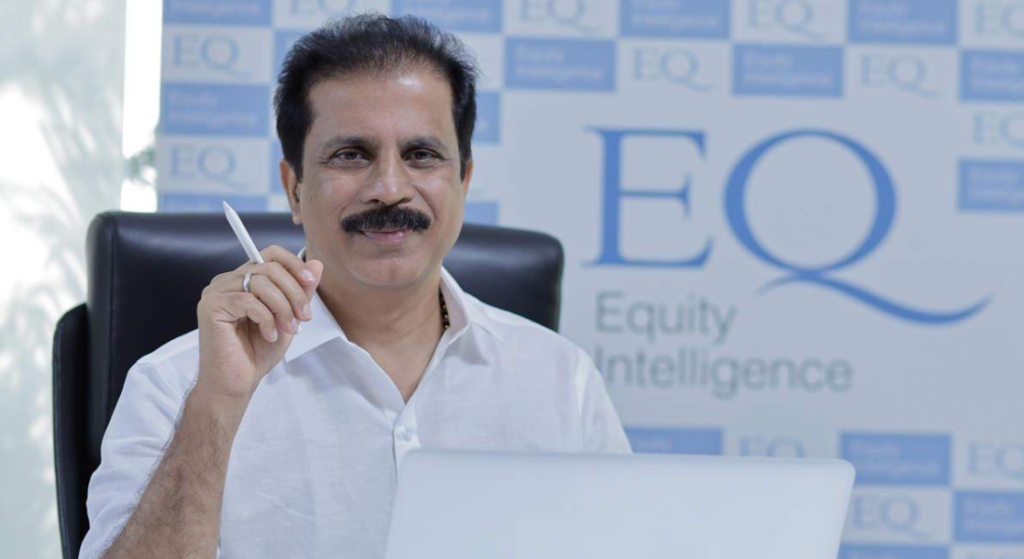Let’s assume Mr X has started a company called ABC Pvt. Ltd, For starting his company Mr. X has taken some money from his friends and family and debt from PNG bank. After several years his business grows but he needs more money to expand his company and pay the debt. Now he plans to raise money from the public that’s why he issue the IPO of the company.
The company got listed on the stock exchange(NSE, BSE) at a higher price than the IPO price because more people subscribed than expected. After the listing of the company, people can buy and sell the shares of ABC Ltd. in the stock market. Sometimes companies are listed below their issue price because of fewer subscriptions from the public or may be other factors.
Due to the listing of the company on the stock exchange Mr. X has got interest-free money and people got shares of ABC Ltd. in exchange for their money. Due to the listing of the company, Now ABC Ltd. is more popular than before. it also benefits the company in marketing and some corporate purposes.
People who got the shares in the IPO can sell the shares and earn a handsome amount of profit while other people who have also applied for the IPO but did not get the allotment but they are willing to buy the shares of ABC Ltd. can buy now. Due to this scenario price of the stock always keep moving up and down in the market.
Why the stock prices move up and down?
- Fundamental Factors:- The stock price of the company is predominantly determined by earnings and profitability. Due to investors’ desire for a good return, they always seek out companies with strong financials, which in turn increases demand for that stock, which drives up the price of that stock.
- Demand and supply:- The number of buyers for a specific stock is greater than the number of sellers, indicating a rise in price because buyers are willing to purchase the stock which increases the demand for the stock.
- When the supply of the stock exceeds its demand, it means the price of the stock is going to fall because sellers are willing to get out of the stock, thus increasing the supply of stocks.
- Market Sentiments: The mood of the investors or traders for a stock or specific sector in the market based on the external news or company results or government policy changes. On the basis of these sentiments, the market moves positively or negatively.
- Trends: The direction of a market for a short period of time is known as the trends of the market.If the market rises in a specific period of time, it is known as an uptrend of the market .on the other hand sometimes the market gives a negative return in the given time, which is known as a downtrend of the trend.
The stock market is a financial marketplace where one can buy or sell financial instruments like shares, derivatives, bonds, etc.
Myths of the stock market :
- Investment in the stock market is risky.
- You need to have very strong knowledge of finance
- You need lots of money to invest in the stock market.
It's time to bust the myth:
1.

This is the nifty-50 chart from Jan 2006 to mid-March 2023. We can see that in the year 2006 nifty is near to 4000 and from here nifty starts moving and it goes near 6200 in 2008 before the financial crisis. Due to the financial crisis, it started falling goes near to 3000 on March 2009.
After a few years of crisis nifty again started rising and achieve a new high on November 2010 and keep moving upward and downward in a fine manner. On Jan 2020 nifty was near 12000.
On March 24, 2020, the Government of India announced a nationwide lockdown due to the COVID-19 pandemic. It badly impacts the stock market and nifty seen a sharp fall. On March 30, 2020, nifty makes a low near 8000.
We are in March of 2023 today, Nifty is near 17800. As a result, we can conclude that investing for a longer period of time is not risky.
2.
There are a lot of successful investors in the stock market who does not belong to any financial institute or have a degree in the finance sector.
| INVESTORS | QUALIFICATION |
|---|---|
| Mr. Rakesh Jhunjhunwala | CA |
| Mr. Vijay Kediya | B.Com Hons |
| Mr. Porinju Veliyath | Law Graduate |
| Mr.Ramesh Damani | HR Specialisation |
| Mr. Radhakishan Damani | Undergraduate |
3.
Stock market investments can be made with just Rs.1000. In these you can start investing in ETFs like NIFTYBEES, KOTAKETF, etc. When you invest in ETFs, you get a variety of stocks in a smaller amount, and it is also a risk-free investment. You may also buy stocks of different companies in lesser amounts for starting period of time it is difficult to find good stocks and you started buying penny stocks which can destroy your investment.

Porinju Veliyath comes from a lower-middle-class farmer family in Kerela. In the initial days of his life, he struggled for education due to financial conditions. During his student life, he joined a Telephone Exchange as an operator so that he can complete his study. After completing his Law graduation, he worked at a very base level at Parag Parikh Securities. After getting some experience, started his own venture Equity Intelligence Pvt. Ltd.
His expertise lies in picking stocks with strong fundamentals for small-cap companies. He said “I buy lesser-quality businesses to derive maximum portfolio value. I don’t shy away from smaller companies like other ‘knowledgeable people’ do. And I don’t buy a lot of great companies with a clean balance sheet, honest management, and clear business visibility. If you invest in such companies, even bank FDs would beat your portfolio returns.”
